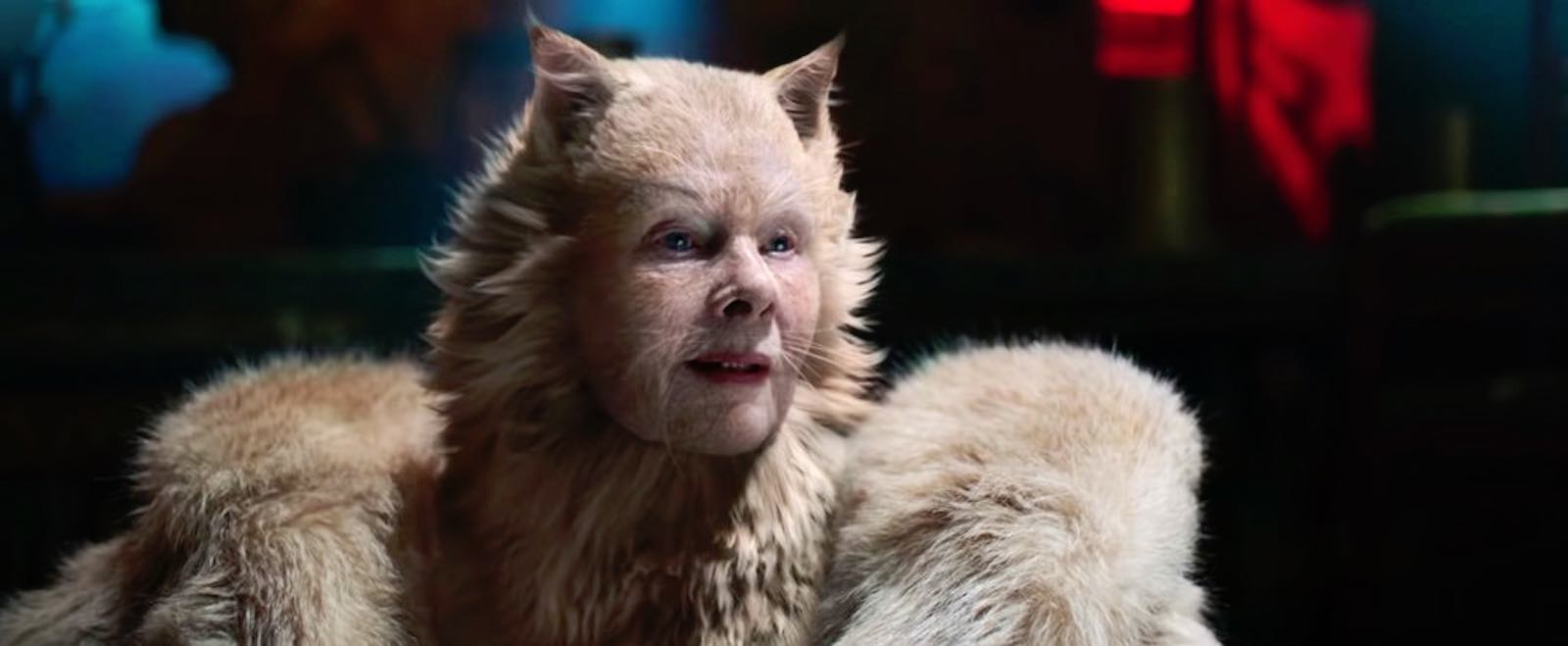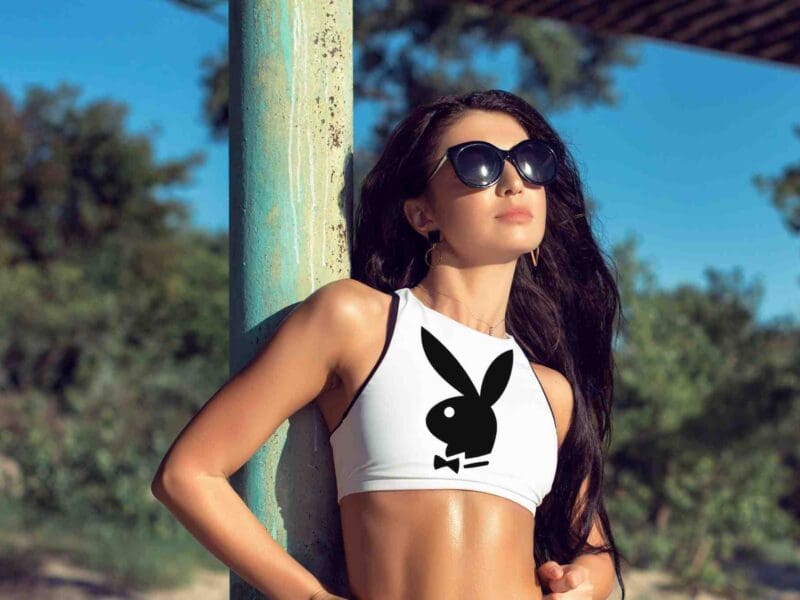
Nude truth Did Helen Mirren get canceled for going Jewface
When it comes to casting, where do we draw the line between authenticity and artistry?
Hollywood legend Helen Mirren finds herself amidst a sea of controversy for her role as Israel’s former prime minister, Golda Meir, in the new biopic, Golda. The crux of the issue? Mirren, though a phenomenal actress with a roster of diverse roles under her belt, isn’t Jewish.
This raises a question that has been making waves in the entertainment world recently: how authentic should casting be? Let’s dive into the nude truth of the matter and see what can be found.
In her recent chat with Radio Times, Mirren acknowledged the complexities of her casting choice, highlighting previous Jewish roles she’s played in Woman in Gold and The Debt. “The whole issue of casting has exploded out of the water fairly recently,” Mirren mused. It’s clear that the world of cinema is currently grappling with an identity politics paradigm shift.
However, the biopic’s conception isn’t rooted in overlooking Jewish actors. In fact, it was Golda Meir’s own grandson, Gideon, who expressed hope for Mirren to assume the role. The film’s writer, Nicholas Martin, further explained that her involvement was instrumental in bringing the project to life.

The Bigger Picture
The larger debate around casting stretches far beyond Mirren’s role. There’s a growing call for actors to represent the actual ethnicities and backgrounds of the characters they play. The narrative has gained traction, especially considering the success and critical acclaim of movies and series that prioritize authentic representation.
Yet, this very conversation seems to inadvertently place Jewish representation on the back burner. David Baddiel, writing for The Guardian, pointed out the disparity. He shed light on a peculiar anomaly: while it’s generally frowned upon for non-Black actors to play Black roles, Jewish characters are frequently portrayed by non-Jewish actors, despite the industry’s significant Jewish presence.
Mirren’s casting isn’t an isolated incident. Recently, Bradley Cooper faced scrutiny for wearing a prosthetic nose in a Leonard Bernstein biopic. Critics argue that such transformations feed into stereotypes, potentially overshadowing the real essence of the characters.
Helen, however, believes in the importance of staying true to the character’s physical appearance, even if that requires prosthetics. In the case of Golda, she quipped, “Even the most Jewish person would have to wear prosthetics to look like her because nobody looks like Golda!” Does that mean there are any nude photos to speak of? The jury is still out on that one.

A New Direction or Crossing a Line?
Golda delves deep into the life of the Iron Lady of Israel during the critical 19-day Yom Kippur War of 1973. This high-stakes time saw Israel facing threats from powerful neighboring Arab states.
Given the weight of the story, and Meir’s monumental role in Israel’s history, should casting choices strictly lean toward absolute representation? Or can there be room for seasoned actors, irrespective of their ethnicity, to dive into such characters, purely based on talent and directorial vision?
The future of Hollywood’s casting decisions hangs in balance. As audiences and critics become more vocal, the industry finds itself at a crossroads, attempting to navigate the intricate pathways of representation, authenticity, and artistic freedom.
Will Hollywood continue down the path of strict representational casting, or will the lines blur further, allowing actors to traverse diverse roles? Only time will tell. Doesn’t seem like there are any photos about this either. But for now, the question remains: where do we draw the line?







